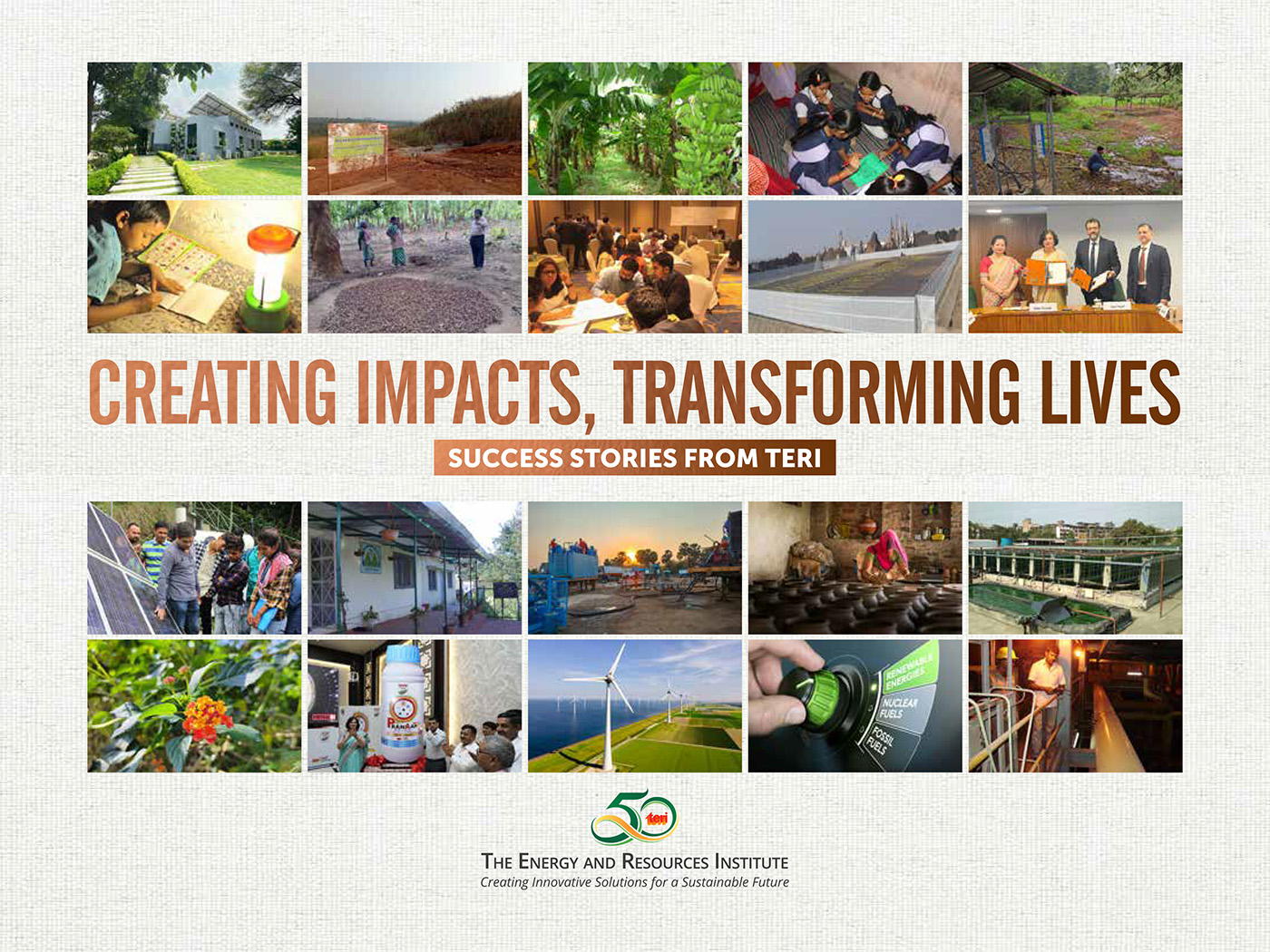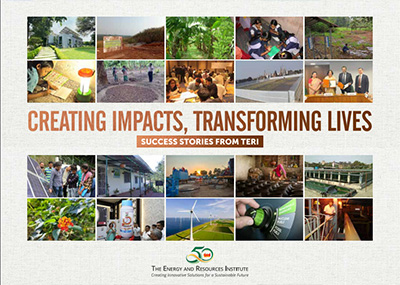
Sustainable Development, an accepted development paradigm today, had few takers in the 1970s. Presented as a solution to the problems of environmental degradation, the concept grew in relevance as human bullishness towards economic and social development proliferated. Not many understood its deeper and lasting repercussions.
Sweeping narratives targeted the Global South for the rising greenhouse gas emissions. Its countries felt pressured to take obligations under the world climate regime. What they needed was a robust climate change policy to mitigate and adapt to its effects, without crushing their developmental aspirations. Understanding its role in supporting the interest of these countries, TERI emerged as a leading advocacy group, strengthening the voice of the Global South in raising the ambition for meaningful climate action. In due course, the institute conjured up a slew of achievements by establishing varied partnerships and collaborations with governments, multilateral organizations, philanthropic entities, and corporations. From providing solutions to rural energy problems to addressing global climate change issues to enhancing forest conservation efforts among local communities and promoting energy efficiency in the Indian industry, TERI was in forefront in providing innovative green alternatives.
Designed in a coffee-table format, the publication is an attempt to bring vividness to their remarkable initiatives. From illustrating life-changing initiatives such as Lighting a Billion Lives to groundbreaking technologies of Oil Zapper and TADOX to TERI’s contribution in framing India’s National Action Plan on Climate Change (NCAP), and conceptualizing Clean Developing Mechanism (CDM) to developing the green-housing rating system in GRIHA, to tracking over two-decade long journey of institute’s flagship event, the World Sustainable Development Summit (WSDS), the book brings together an exhaustive range of TERI’s work, cutting across various disciplines. As the institute gears up for its 50th anniversary, a lot has changed since it took its first step in the realm of sustainable development.

